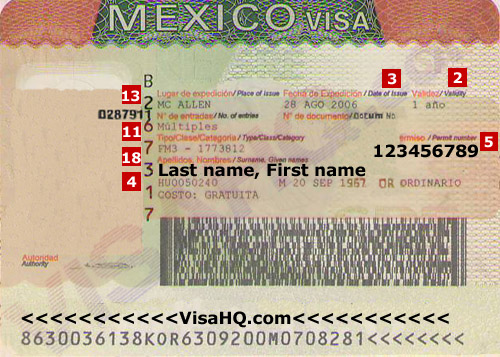Mexico Embassy list in Costa Rica
Need help?Chat with us
Why Trip Registration at the Mexico Embassy is Important
Registering your trip with the Mexico embassy is crucial for ensuring your safety and maintaining effective communication during your stay abroad. In the event of natural disasters, like earthquakes or hurricanes, having your trip registered allows the embassy to quickly identify your whereabouts, ensuring you receive timely information and support. Similarly, during episodes of political unrest, embassy registration can facilitate rapid communication and evacuation if necessary. Additionally, in medical emergencies, being registered helps embassy officials locate and assist you more efficiently, whether it be arranging medical care or connecting you with local resources. Overall, this registration serves as a vital safety net, making it easier for the embassy to provide necessary assistance when the unexpected occurs.
Mexico Embassy FAQs
Can the Mexico embassy assist in legal issues abroad?
Yes, the Mexico embassy can provide assistance in legal matters by directing you to local legal resources and offering guidance regarding your rights and obligations while abroad.What should I do if I lose my Mexico passport in Costa Rica?
If you lose your Mexico passport while in Costa Rica, you should report the loss to the local authorities and then contact the Mexico embassy for instructions on how to apply for a replacement passport.Does the embassy provide resources for finding local medical care?
Yes, the embassy can recommend local hospitals or medical facilities and assist with communication if language barriers exist.What services are available for travelers detained abroad?
The embassy can offer consular assistance, including legal referrals, communication with family members, and information on the local legal process.Can the Mexico embassy help with translation services?
While the embassy does not provide direct translation services, they can offer resources or recommend local professionals who can assist with translation needs.
Services Provided by Mexico Embassies in Costa Rica
Passport Services
- Issuance of new passports
- Renewal of existing passports
- Replacement of lost or stolen passports
Visa Issuance for Foreign Nationals
- Processing visa applications for third-country nationals
Assistance in Legal or Medical Emergencies
- Guidance on local legal representation
- Access to medical services and facilities
Travel Alerts and Safety Updates
- Providing travelers with current safety alerts
- Informing about natural disasters and political developments
Support for Nationals Detained Abroad
- Offering consular assistance to Mexican nationals
- Facilitating communication with family and legal representation
Summarized Diplomatic Presence
Mexico maintains a significant diplomatic presence in Costa Rica, primarily through its embassy located in San José, the capital. The embassy’s primary functions include serving the interests of Mexican citizens, fostering bilateral trade relations, and promoting cultural exchange between the two countries. Additionally, Mexico operates several consulates in other major cities, which are crucial in delivering essential services to nationals and enhancing diplomatic relations. This presence underscores the strong ties between Mexico and Costa Rica, promoting mutual cooperation in areas such as trade, education, and tourism. Overall, the diplomatic missions facilitate important channels of communication and collaboration, reinforcing the friendship between the two nations.
